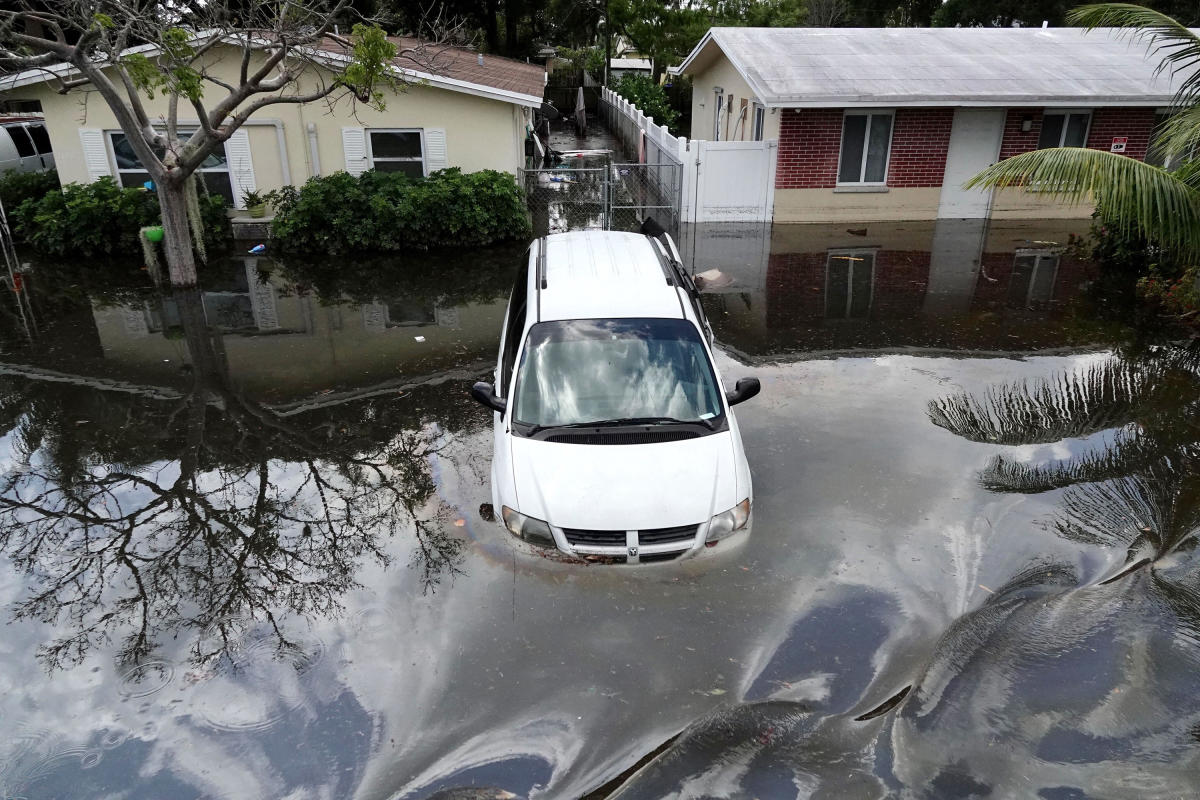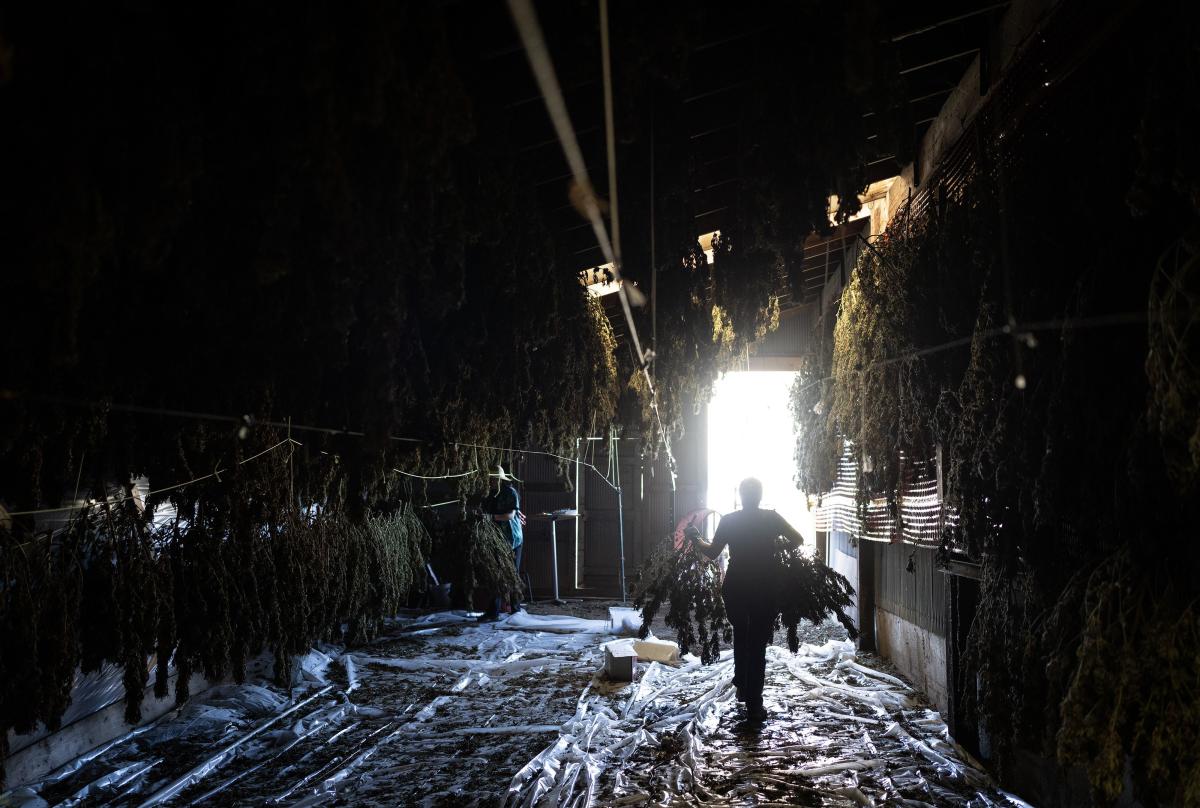S2 #38, #39, #40
If a despicable evil-doer were implementing a diabolical plan to acquire as much coastline as humanly possible for the most despicable reason I'd be more sympathetic.
Fact is these specific Louisiana residents probably shouldn't have been there in the first place.
Misunderstanding of holy scripture may suggest money is "the root of all evil *". Not at all clear to me how our modern society could operate successfully without money.
Money is a practical way to quantify risk. We even handicap horses and golfers.
If a despicable evil-doer were to issue a command that no habitation is permitted in these lowland locations, I'd be delighted to lead the parade for his ouster. BUT !!
To my knowledge these people aren't being told where they can or can't live.
This seems to be about money. DANDY
If Elon Musk & Jeff Bezos want to move there, magnificent. They can insure themselves.
If the most impoverished most destitute person in the nation wants to move in next door to them there, spectacular (provided he / she / it resides there uninsured).
Unless there's an insurance swindle going on here, seems to me S2 #38, #39, #40 are simply reporting that insurers are finally catching up with reality.
'bout time
* Ecclesiastes 5:10 and 1 Timothy 6:10
It is a classic if oft' repeated blunder to static model a dynamic situation. Even without global warming, and even if mean sea-level never varied by more than a millimeter, this policy tilt toward rationality might be overdue.
Sea level seems to be rising. How far how fast, not sure. We are obliged to accommodate / adapt to change, as we already have with the Emerald Ash Borer, COVID-19, and ...
If a despicable evil-doer were implementing a diabolical plan to acquire as much coastline as humanly possible for the most despicable reason I'd be more sympathetic.
Fact is these specific Louisiana residents probably shouldn't have been there in the first place.
Misunderstanding of holy scripture may suggest money is "the root of all evil *". Not at all clear to me how our modern society could operate successfully without money.
Money is a practical way to quantify risk. We even handicap horses and golfers.
If a despicable evil-doer were to issue a command that no habitation is permitted in these lowland locations, I'd be delighted to lead the parade for his ouster. BUT !!
To my knowledge these people aren't being told where they can or can't live.
This seems to be about money. DANDY
If Elon Musk & Jeff Bezos want to move there, magnificent. They can insure themselves.
If the most impoverished most destitute person in the nation wants to move in next door to them there, spectacular (provided he / she / it resides there uninsured).
Unless there's an insurance swindle going on here, seems to me S2 #38, #39, #40 are simply reporting that insurers are finally catching up with reality.
'bout time
* Ecclesiastes 5:10 and 1 Timothy 6:10
It is a classic if oft' repeated blunder to static model a dynamic situation. Even without global warming, and even if mean sea-level never varied by more than a millimeter, this policy tilt toward rationality might be overdue.
Sea level seems to be rising. How far how fast, not sure. We are obliged to accommodate / adapt to change, as we already have with the Emerald Ash Borer, COVID-19, and ...





